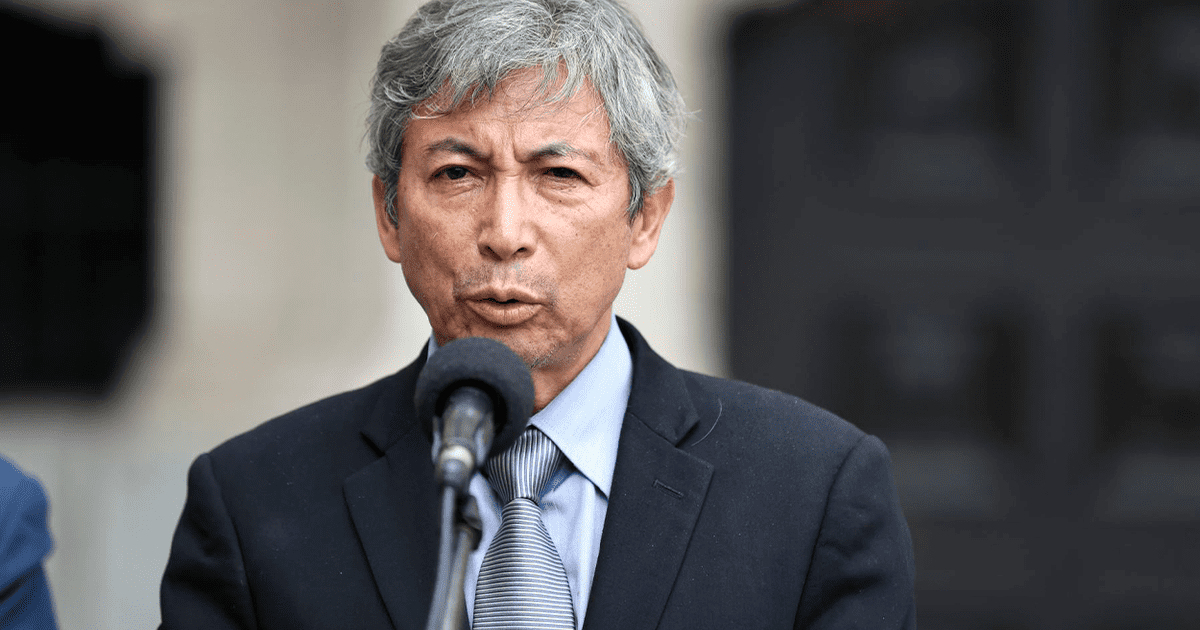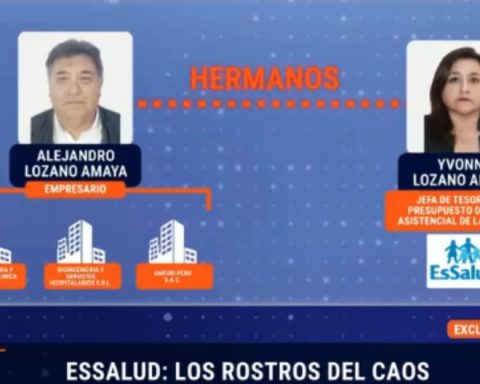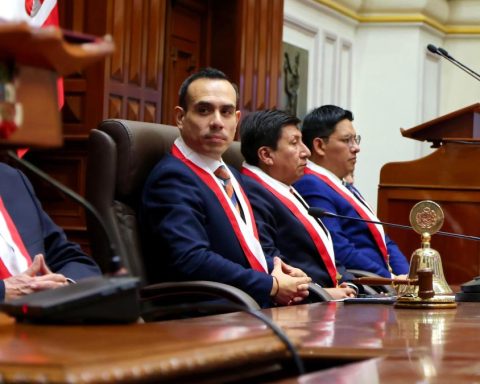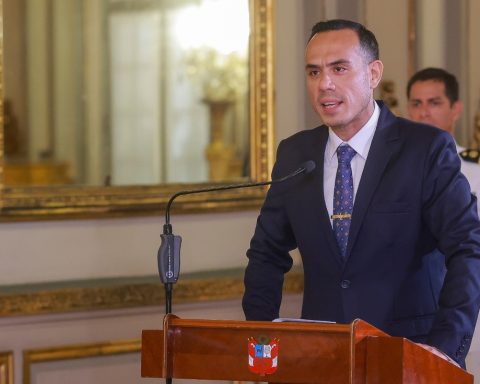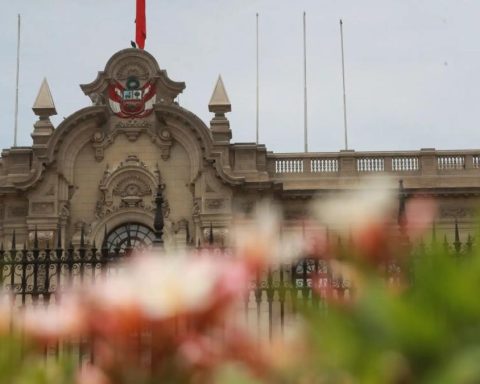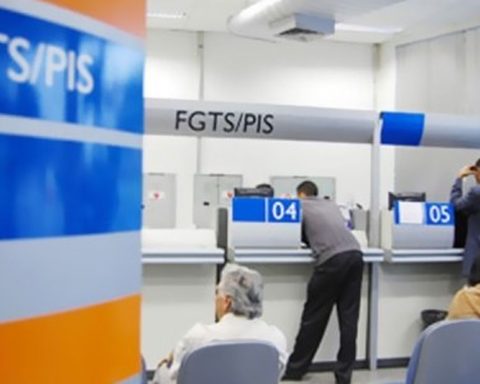He Congress Plenary rejected the motion of censure that had been presented against the Minister of Economy, José Aristawho was questioned for “his apparent lack of leadership and suitability for the exercise of the position,” according to the statement made at the beginning of the session.
After a debate that lasted almost two hours, those who promoted Arista to step aside in the MEF did not achieve their objective. With 57 votes against, 41 in favor and 14 abstentions, the proposal was rejected. With this, Arista remains at the head of the MEF.
During the debate, some of the questions that were put to the minister focused on his silence regarding the needs of state workers, the obstacles that the MEF places on the different projects that exist in regions and that are paralyzed, and the endorsement that he has given to a company like Petroperú.
Kelly Portalatino, from Perú Libre, pointed out in support of the motion that there is no budget planning and that poverty has increased for the second consecutive year.
“We consider that (Arista) has not been fulfilling its functions in economic policy. He is a minister divorced from his duties. […] He does not know the planning and does not have a projection to expand the collection base,” he argued.
Other legislators, such as Susel Paredes, pointed out in the same sense that before the MEF’s main concern was defending the health of public finances, but in recent years it is no longer doing so. He also pointed out that Arista allowed financial support of 4 billion soles to Petroperú and criticized its lack of opposition to the reform of the private pension system, which represents a significant fiscal risk.
“Today the word of the Minister of Economy has no weight in the Council of Ministers. It doesn’t move, it doesn’t make itself respected. So much so that the Fiscal Council has had to ask the government to support it. “It is impossible to support a minister who does not have decision-making power,” he said.
On the opposite bank, legislators like José Jerí, from Somos Perú, indicated that they did not agree with many of Arista’s policies, but that did not mean that his party was going to censure him. “We will soon debate the 2025 Budget Law and we can reach consensus on many of the problems we are dealing with here,” he said.
In addition, he drew attention to the fact that in a few weeks we will have the APEC (Asia-Pacific Economic Cooperation Forum) meeting in Peru and that before that they try to censure the minister is absurd because it goes against the objective of attracting investments.
Elvis Vergara, from Acción Popular, had a unique position because until this session he supported the censure of the minister, but he withdrew his signature when it began. During his speech he pointed out that his party was giving the minister a month to resolve the problems in his sector or they would propose censure again.
“You are notified. “You have one month to propose solutions,” he said.
Before the debate began in plenary, six congressmen who had signed the motion of censure withdrew their signatures. First Oscar Zea, Illich López and Nieves Limachi did it, and then they were followed by Elvis Vergara, Luis Aragón and Hilda Portero. A debate even began to determine whether the session should continue or not.
In this regard, Congressman Darwin Espinoza pointed out that the fact that some legislators first sign and then withdraw their signature was shameful, and that it lent itself to suspicion “what representatives of the PCM who come and meet with congressmen could be negotiating.” The Board of Directors, led by Eduardo Salhuana, decided that, despite what happened, the debate should continue.
Some economists have pointed out that in a context in which we have grown for 5 months, this attempt at censorship would be due to pressure that has to do with the 2025 Budget that will be discussed very soon.
